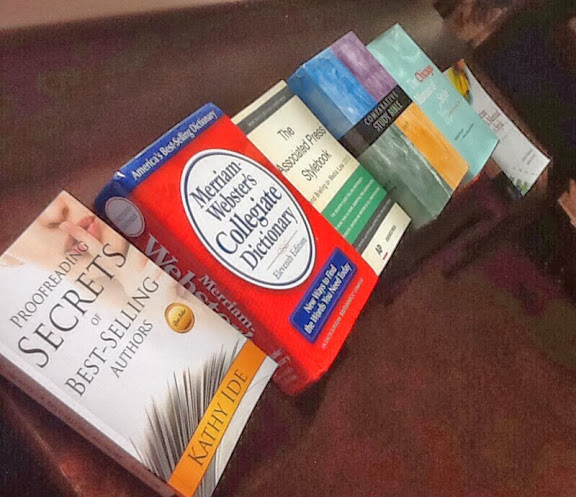 My message originates with God. When God is in control, the beauty of writing is that God is part of the process. He helps the messenger who then gives out the message. This is something I am learning and am moving forward with each week.
My message originates with God. When God is in control, the beauty of writing is that God is part of the process. He helps the messenger who then gives out the message. This is something I am learning and am moving forward with each week.
Sometimes we look back to see where we have come from. At other times we look forward to see where we are heading. Then there’s reality, where we are at this point in time. For some of us, we never quite arrive at that place where we want to be. If we let this stop us, it will impede our progress. Looking forward is critical to our success. A plan is needful too. Introspection is helpful but it also may be crippling. All depends. It can keep us stationary and immobile–when we become stuck looking backwards or inward. Action is to start a movement forward, the snowball effect. It helps to have a purposed approach to accomplishing our endeavors. This has been true for me in my various writing projects. I have a target audience, the Christian community. That is where I focus my creative energies.
My message matters. It is because God has given me its message. In my walk with God, there is something I have found that has made a “change-around” in my life. So much so, that I want to give my readers a taste of what I have learned so they might want it for themselves. My desire to share these thoughts comes from an inner compelling. It would be wrong of me to keep quiet because what I have to say is worth saying. It is real and genuine.
MY MESSAGE
1. I want my readers to know the Lord Jesus Christ for in him truth is found.
2. I want my readers to grow closer to their heavenly Father in the richness of relationship.
3. I want my readers to let go of their anger, pain, bondage, sin, problems, and insecurities.
4. I want my readers to find and experience greater joy, contentment, peace, hope and love.
5. I desire for my readers renewal, revival, rejuvenation, restoration, revitalizing.
6. I wish for my readers a hunger for spiritual life that is never satiated or boring.
7. I wish for my readers an intimate walk with God that is rich and satisfying, delightful.
8. I wish for my readers a hope that never dies, belief that keeps on believing, a life that is real.
9. I wish for my readers a deeper faith that is not uprooted by the trials in life but is steadfast.
10. I desire for my readers a spiritual awakening that is supernatural and fulfilling.
In some small way, I am vested in the lives of my readership. My writing reflects the call I have on my life. It is a call from God, a call I feel compelled by the divine to enact and complete for the remaining years of my life, be they many or few. I love God and I love his Word, it spills out of me and cannot be contained. He has done so much for me that words fail to express how dear he has become to me. Life is joy when one lives close to God. He has a way of changing even the smallest of encounters into causes for celebration. A smile, a handshake, a lovely flower, a blade of grass, a soft baby blanket, the aroma of baking bread, the embrace of a friend–a healed heart and a forgiven soul. Everything is important when God is in control. He is a kind friend. Father God makes beauty from ashes and joy in the morning.
~~~~~~~~~~~~~~~~~~~
Norma, with something to think about

